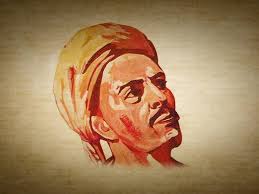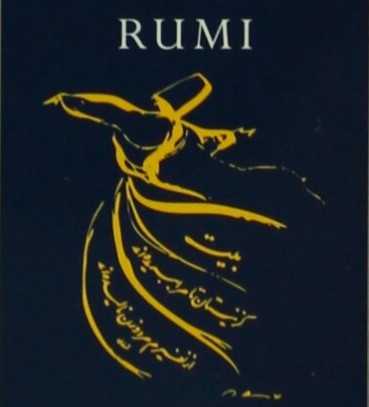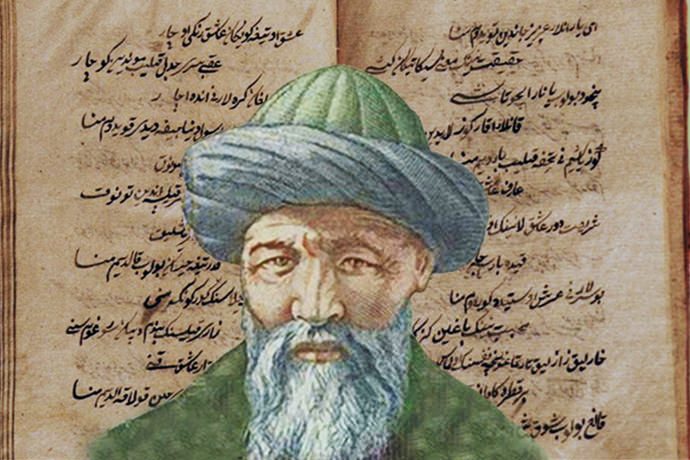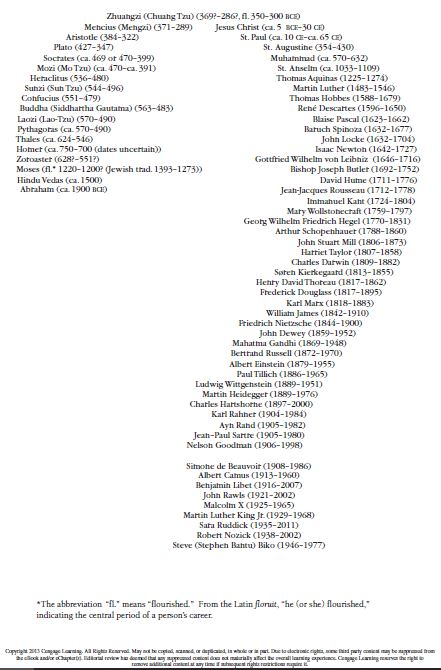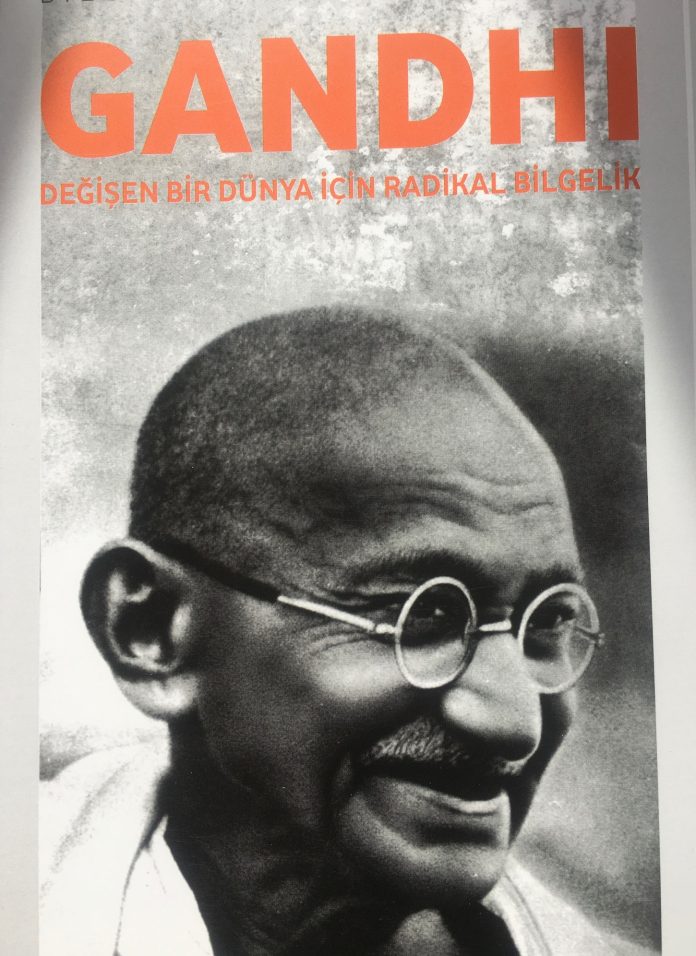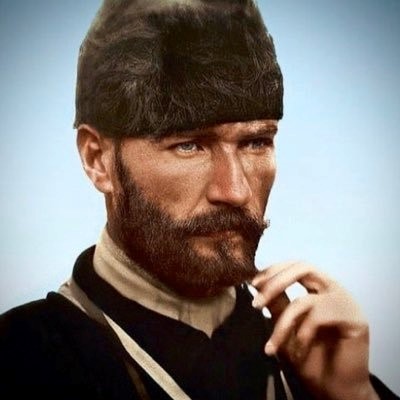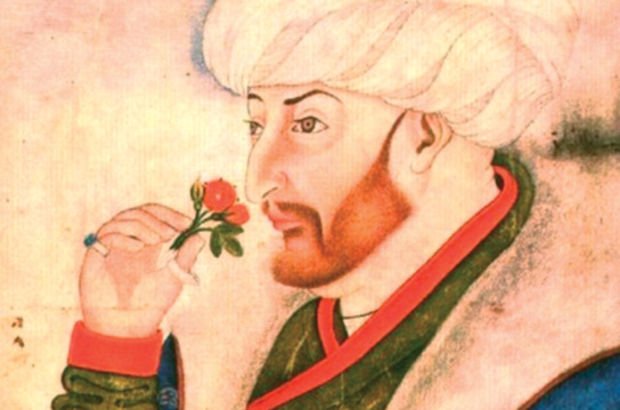Balasaguni started to work on the Kutadgu Bilig (Middle Turkic: Wisdom of Royal Glory) in Balasagun and was about 50 years old when he completed it in Kashgar
Now we are looking at Bilge Tonyukuk, Kutadgu Bilig and Hagia Sophia. I later discovered the meaning of Hagia Sophia. Same thing with Kutadgu Bilig. Aya saint, holy, wisdom in sofia, wise.
How is this happening now? An architectural work is being done in 550 in Istanbul. Justinyanus who got this done, means legal in Turkish, and the title of Sultan Süleyman, who made Süleymaniye, is legal. What a job. Here is this Hagia Sophia, Kutadgu Bilig, which I have personally deduced from here, to have the same meanings, Justaniyus, Kanuni, the wisdom that I personally inferred is in the east. The main message emanating from Kutadgu Bilig: this is a sad message, this is a very sad message.
Here, what is the message I receive about Kutadgu Bilig is kut domination, it makes you dominate the world. This is a very, very important piece of information captured by the Turks. Bilge Tonyukuk starts with wisdom. It is a very, very important point, but when we come back from 1017 to 2017, we see that we do not remember or know any lines.
Various opinions are expressed on the literal meaning of the title. ACCORDING to some RESEARCHERS, wisdom of happiness and ACCORDING to some others, wisdom that brings happiness makes people REACH happiness in both Earth and Heaven. This wisdom provides human beings with the mentality, knowledge and virtues required for ideally organizing the lives of the individual, COMMUNITY and State WHICH are CLOSELY related to EACH other. “With this work Yusuf CREATED a system of philosophy of life WHICH analyzes the meaning of human life and determines the task of human beings within the COMMUNITY and within the State”.
We used in this study the SECOND edition of the translation of Arat and the English translation of Robert Dankoff published under the title of Wisdom of Royal Glory (Kutadgu Bilig) A TURCO ISLAMIC mir ror for PRINCES. Our further studies will also be on these version.
Wisdom: In general wisdom is the PRODUCT of the relationship between OBJECT and SUBJECT, resulting from the intentional TENDENCY of the SUBJECT. It CAN be defined as being aware or CONSCIOUS of something as well as a CLEAR PERCEPTION of something regarded as ACCURACY or a task.
WISDOM IN KUTADGU BILIG
Kutadgu Bilig INCLUDES numerous GONCEPTS besides the four BASIC CONCEPTS we mentined at the beginning of this study.
SUCH GONCEPTS INCLUDED in Kutadgu Bilig as Biliglik (being wise), Kutluluk (happiness), Könilik (rightness, JUSTICE), Erdem (virtue), Edgü (kindness, doing favor), Asıglıg (helpfulness), love, loyalty, generosity, bravery, PATIENCE and modesty are CLASSIFIED as ETHICALLY positive GONCEPTS whereas lying, hastiness, IGNORANCE, meanness and greed are listed under the title of negative ETHICAL CONCEPTS.
Yusuf Khass Hajib believes that our primary task for ourselves is seeking wisdom. Kutadgu Bilig INCLUDES the following statements on this CONSIDERATION:
“Learn wisdom and earn the seat of honor.” (K.B.line.6605)
“Wisdom is a nighty fortress. The heart and Tongue are fitting for notting with- out wisdom; with wisdom they fit everything, like water.”(K.B.line.6606)
“However MUCH wisdom you posses, still seek to gain more; for the wise man attains his desire by inquiry.” (K.B. Line. 6607)
“Learn wisdom, and BECOME a man by rising your soul aloft; otherwise be CALLED “beast” and remove yourself from mankind.” (K.B.Line.6611)
Yusuf Khass Hajib’s abovementioned statements are of great IMPORTANCE SINCE they reveal the significance of wisdom and wise men.
SINCE virtue is defined as the TENDENCY to be always ETHICALLY good and engage in right ACTIONS, it is inevitable to regard virtue as a CHARACTERISTIC specific to human beings.
The statements in Kutadgu Bilig CLEARLY express that wisdom makes individuals CLOSER to PERFECTION and guides the souls to make BENEFICIAL. This idea is parallel to SOCRATES expression: “Virtue is wisdom”.
SOCRATES believes that EACH virtue is wisdom. An individual who is able to know what is good and right is virtuous, just and brave. The wisdom WHICH makes an individual virtuous is the wisdom of the good. SOCRATES also employs good as synonymous with beau- tiful and useful. The ACTS that render life favorable and painless are beautiful, and every beautiful ACT is good and useful. SOCRATES believes that any ACT WHICH does not serve for REACHING a target is useless. Anything is beautiful and good BECAUSE it is useful. People who are aware that there are better ACTS than the ones they do will never refrain from engaging in better ACTS. Philosophers have defined wisdom in various ways throughout the history of philosophy.
Wisdom is defined as follows in Kutadgu Bilig:
“INTELLECT is like a lamp in a dark night, while wisdom is light itself that has made you bright. (K.B. line. 288)
Wisdom is like ALCHEMY: It ACCUMULATES wealth WHICH is stored in its PLACE, the INTELLECT. (K.B. line. 310)
Musk and Wisdom are of the same sort: Neither CAN be kept hidden (K.B. line. 311)
If you try to hide musk its SCENT gives it away , and if you CONCEAL wisdom,it nevertheless CONTINIOUS to regulate your tongue (K.B. line. 312)
“Wisdom is a type of wealth that CAN not turn to poverty and CAN not fall pray to theft or fraud (K.B.line 313)
Besides these definitions, the following statements are also INCLUDED in Kutadgu Bilig:
“There are numerous differences among men, but the main source of in quality is the degree if wisdom.” (K.B.line.201)
“SINCE the time that Adam DESCENDED to the world it has been men of INTELLECT who instituted law, and in every age the highest position have always gone to the wise.” (K.B.line.220)
As a CRITERION, value always distinguishes between what is and what should be, and is always regarded as something positive or negative. In this expression from Kutadgu Bilig (KB. Line 201) wisdom is certainly regarded as a value.
The following statements on wisdom quoted from Kutadgu Bilig REFLECT ANCIENT Turkish tradition and the value ATTACHED to wisdom:
“Man’s heart is like a bottomless sea and wisdom is the pearl that lies at the bottom.”(K.b:line.211)
“If fails to bring the pearl up out of the sea it COULD just as well be a pebble as a pearl.”(K.B.line.212)
Turkish people used to COMPARE the mind of wise people with huge seas. It was a CUSTOM to say “his mind is like an OCEAN” while talking about a wise and WELL-EDUCATED person (12).
“As long as the wise man does not bring out wisdom upon his tongue, his wisdom may lie hidden for years and shed light.”(K.B.line.214)
A wise person is EXPECTED to use his wisdom for the benefit of the SOCIETY. The formation of a healthy SOCIETY is also important in the human model and CONCEPTS presented in Kutadgu Bilig. This is merely one of the universal values presented to all humanity by Kutadgu Bilig.
The below-mentioned statements are an EVIDENCE of the relationship between wisdom and the benefit provided by wisdom:
“The profit of wisdom is all good things with wisdom, as the proverb goes “he found the road to heaven”. (K.B. line. 208)
“Then speak all your words wisely, and know that wisdom alone makes men great.” (K.B.line.209)
As the following statement suggests, IGNORANCE is DESCRIBED as an illness:
“Wisdom proclaims its own meaning this: When a man knows wisdom, the illness is not treated the patient dies.”(K.B.line.156)
“An ignorant person is always ill. If the illness is not cured, the patient will die soon.”K.B.line.157)
This statement also reveals the CONCERN stemming from IGNORANCE.
“Go then, fool, seek remedy for your ills, and you, glorious sage, prescribe the foll’s remedy!”(K.B.line.158)
SOCRATES suggests that wisdom orientates people to right Actions whereas IGNORANCE orientates them to the wrong. Thus a person who knows himself will engage in ACTS WHICH are BENEFICIAL for him while a person who does not know himself will engage in harmful ACTS (13,14). Wisdom is the SOURCE of our ETHICAL ACTIONS and IGNORANCE is at the basis of all wrong ACTIONS (15). Wisdom is CONSIDERED the SOURCE of ETHICAL ACTIONS in Kutadgu Bilig, as well.
The following SELECTION from Kutadgu Bilig shows the similarity between the thought of SOCRATES and Yusuf Khass Hajib on wisdom:
“Know that wisdom and INTELLECT are noble things and they ennoble the CHOsen servant (i.e.) man.”(K.B.line .152)
“INTELLECT is leading rein : If a man leads by it, he ACHIVES his goal and enjoys COUNTLESS desires.” (K.B.line.160)
“Through INTELLECT a man rises in esteem and “wisdom he grows grest”. (K.B. line. 289)
SOCRATES draws an analogy between leading an ethICAL and happy life and various arts and CRAFTS in order to express more CLEARLY the relationship between happiness and wisdom. As mentioned in many RESOURCES, SOCRATES believes that living is also an art. If we want to lead a good and right life, we have to regard life as an art whose final OBJECTIVE is happiness. The ways suggested for REACHING happiness -WHICH is the OBJECtive of life- are virtues defined as PERFECTION WHICH makes up the personality of human beings.
Virtue is a value or a QUALIFICATION WHICH guides human beings to REACH eudemonia where they fully realize their own nature, apply all their potentials to life and REACH their PERFECTION. SOCRATES believes that virtue – with its abovementioned definition – is equal to wisdom. “Virtue is wisdom” is an expression WHICH he never gave up repeating.
If virtue is wisdom, what kind of wisdom is it?
It is CLEAR that SOCRATES does not regard all wisdom as virtue. The wisdom WHICH is a virtue leads people to self-realization and happiness. Wisdom WHICH is virtue should be good, render us good and CHANGE our life into a good one.
ACCORDING to SOCRATES, wisdom WHICH makes people realize their own nature and help them REACH happiness is the wisdom related to the good and the evil, and what is good and what is evil.
Wisdom WHICH is virtue belongs to a person himself. The SECOND way of defining virtue is equalizing it to knowledge or knowing.
YUSUF HAS HACIP
Since June 2015, my personal agenda for contemplation has been with our thinkers. Let’s say the starting point of these thinkers Oğuz Kağan. Since 200 BC. In this line, when we bring the issue to the political agenda for example, we do not have the concept of ten years in Turkish. There are Westerners, they say dec at in English, they calculate like this for ten years. When we look at the basis of years, we want to evaluate the thousand years.
Kutadgu Bilig Yusuf Has Hacib was born in 1017. He finished his thousandth year in 2017. There are a thousand years before that, when we look at that thousand years, I will try to convey that line to you, as I know it, from my point of view. Time, ground, line of mind. I was in Cairo last night. I got on the plane at half past 3 at night. This is my 5th going. There is also Kutadgu Bilig in Cairo. That ground line continues. I will mention that too.
When we go back a thousand years from 1017, we see Oğuz Kağan. What we see in Oğuz Kağan, a sage is mentioned there. Then, when we go forward, Bilge Tonyukuk was born in 646. He died in 724, and Bilge Tonyukuk thinks that I have been working on it specifically, he is our first thinker to write. The first person who wrote the article deserved the stone. The term deserve is used. He had it dictated on stone.
There are magnificent thoughts on the 56-line stone. There is a wonderful language. When we look at this now, how did this language develop, where did it come from? Then this shows this. Here in Kutadgu Bilig it is already, as I understand it, sacred knowledge is blessed knowledge, not happiness, kut.
Because we have lost contact with our quota texts. The message here is alienation, we are alienated. Why did I bring those with me? When I was told two days ago, I started thinking about it. Our Kutadgu Bilig is a work of over 1000 pages. During the Karakhanids period, Karakhanids started to write Yusuf. After he wrote it, he became private. He wrote for the Karakhanid ruler. The Ferdowsi Gazneli ruler asked him for the Şahname. He gave 40 thousand gold coins and dictated the Firdevsi Şahname.
However, what the Ghaznavids wanted was the same as the Ghaznavids and the Karakhanids, and what the Ghaznavids wanted was to produce a work that praised the Turks. But he made some expressions that did not praise and upset the Turks, and then gold was turned into silver or something. What happened after all, the Iranians know the Şahname by heart, by heart. You go, they read string by string in their coffee. How much we know Kutadgu Bilig, how much I know, let me look at myself personally.
Here I would like to emphasize this issue of alienation by underlining personally, we are foreigners. We are strangers to our own texts, our own values. When I look at it as a ground, we will see this alienation as follows.
There is an inscription of this in three places. It was the inscription of Bilge Tonyukuk, there are epics before the inscription, the epic of Oğuz Khan, and the manuscript Kutadg Bilig came after the inscription. Where are these manuscripts? Herat Afghanistan; Currently under American occupation, Cairo, Egypt, and a German there find him. We know very well how it is. I was there last night. I say democracy, democracy has nothing there. And the third point is Istanbul. We all know very well what Istanbul went through two years ago. Now then, this line starting from Afghanistan that we call Herat and continuing from Cairo is going through now, so there is an alienation on these three grounds.
SOCIETY AND STATE PHILOSOPHY IN KUTADGU BİLİG
Although the Turks, who established 16 states in 3 continents, formed a large literature on the subject starting from the era of the Inscriptions and continuing with the Manuscripts (Political Books), the said Scriptures and Manuscripts were unfortunately not examined within the scope of the State Philosophy discipline, and the Turkish Canon has not yet been revealed.
Kutadgu Bilig has so far been translated into today’s language as the Art of Happiness, Happening Knowledge. The main meaning of Kutadgu Bilig is State Management Knowledge. The most commonly used concepts in the Kutadgu Bilig text, which is shaped around four main concepts (Töre-Justice, Kut-State, Reason, Heart), clearly reveal that the focus of the work is the Philosophy of Society and the State.
Ajun; world
Beg, Begler: Bey, Gentlemen
Wise: Scholar, Judge, Scholar
Bilig: Knowledge, Wisdom
Information, Information: Information
Budun: People, Nation, Tribe
World: Earth, World
Edgü: Good
Province: Province, country, country, people
İlig: Ruler
Work, Job, Iske: Work
Kamuğ: All, all, one
Person, Person, Person, Person: Person, Human, Man
Köngül: Heart, Heart
Expressiveness: Accuracy
Kut: Kut, Happiness, State
Self: Self, self, soul, soul, soul, heart
Promise: Promise
Töre: Custom, Law, Order
Ukuş: Mind, Understanding
As a first attempt, Kutadgu Bilig’s work is analyzed in terms of State Philosophy. A wide index and dictionary were created and added to the work, presented to the use of our thinkers, and it was aimed to enrich the literature.
Sociologist Prof. Dr. Mahmut Arslan’s study of Kutadgu Bilig is unique in terms of his approach to the subject based on the references of western and eastern monumental thinkers and evaluates the work in terms of its universal position. In the work, a comparative method is taken as basis, with German, English, French, Ancient Greek, Chinese, Hindi, Ancient Turkish, Iranian and Islamic thinkers.
The most important feature of the work is that it is based on the criteria of universality. Kutadgu Bilig is the touchstone of objective science and has studied it in depth. Such a broad perspective approach to Kutadgu Bilig, which is an eastern classic, is in fact exactly the same with the Turkish perspective on the world and people.
Our teacher Mahmut Arslan continued the same line and continued the tradition of universalism after 2019, when the 950th anniversary of the writing of Kutadgu Bilig was celebrated and further deepened the line. As a requirement of this ideal, they themselves have increasingly accessed literature reviews, especially the Austrian and German libraries, which have not yet come to the agenda of our world of thought.
Thus, the review book about Kutadgu Bilig, our first written book, was published as the first book of Türk Evi Publishing, and constitutes a first step towards our goal of being ourselves.
Bilig’s enlightenment is a sacred journey.
The line of Turkish House Publications is that the richness of the grounds with our architectural works, memories and stamps are written in a book and the transfer of the Turkish Generation, which surrounds the world, to the next generations.
The line that started with Our Inscriptions in Greater Asia and Yusuf Has Hajib and reached Asia Minor with Yesevi and set a barrier to alienation mistakes, has an unshakable depth and scope.
Levent AĞAOĞLU, 4 December 2019. Atakoy, Istanbul




